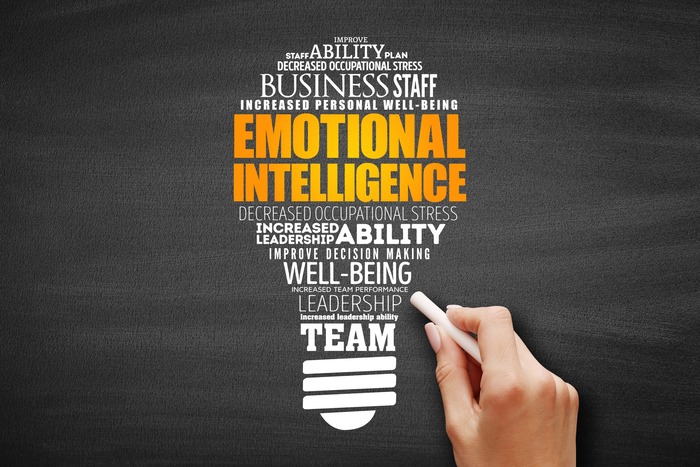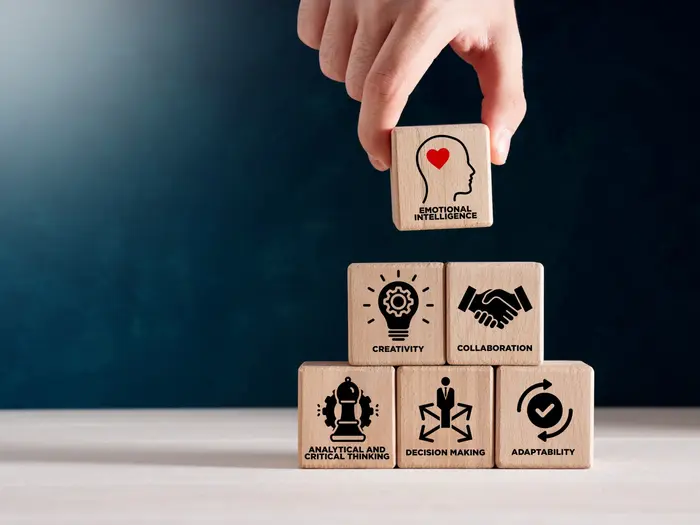Intelligence is critical in the management of a team because of the dynamism of the current business landscape. There are four broad kinds of intelligence, which include social, emotional, adversity, and intelligence quotients, usually abbreviated as SQ, EQ, AQ, and IQ.
They are all combined to make a high-performing team. However, we will focus on emotional intelligence, which is critical in team management. It emphasizes the ability to recognize, understand, and manage emotions while affecting the emotions of others.
All industries worldwide try hard to appeal to the emotions of their clients. When you go to NV.Casino, you will find an extensive variety of slots and casino games that you can play from the comfort of your home. They are all designed to cause happiness by offering good odds and rewards.
Even when you are not winning in games like slots, it will often seem like a near miss that will encourage you to keep playing. Other strategies, such as bonuses and promotions, are present to promote customer loyalty by appealing to their emotions. This displays how much power it holds.
Emotional intelligence has fundamental components that are critical to its completeness. They include the following:
- Self management;
- Self awareness;
- Social awareness;
- Social management.
True to their literal meanings, they focus primarily on self and others. They emphasize that you must master your own emotions before proceeding to navigate the emotions of others.
EQ encompasses social skills, empathy, sympathy, motivation, and others that are essential in human interactions. Here is how it impacts the making of high-performing teams.
Such teams are characterized by better productivity, appreciation of every player’s strengths and weaknesses, thus higher creativity and innovativeness, and low turnover rates. If such a team stays together for long enough, then the possibilities of what it will achieve are limitless. Where does emotional intelligence come in?
Increased Appreciation and Engagement
Emotional intelligence helps to recognize the role of every team player. Each of them can have distinct skills and talents that promote positive outcomes. Through EQ, you can understand and motivate each of their efforts, which will create a positive environment.
Highly motivated players are not afraid to express themselves fully, and this fosters positive engagement that can lead to better results. They will also work to improve their skills to make a bigger impact on the team.
Positive engagements also allow room for good goal setting, recognition of achievements, and feedback, whether positive or negative. It also helps to foster a positive environment during high-stress times which are unavoidable.

Improved Communication
Communication is the only medium for gelling a team. With EQ, there can be positive horizontal and vertical communication. The members can learn to understand their own and others’ emotions and respond effectively.
Horizontal communication is between people of the same rank, while vertical communication involves communication between people of different ranks, such as bosses and their subordinates. Both of them are very important though the latter is often difficult in most organizations.
With high EQ, people can freely communicate across the ranks leading to more engagements and exchange of ideas.
They will feel understood and listened to, thus allowing them to be more expressive. It also opens room for members to speak about their challenges and pain points and offer solutions to them. This fosters a positive working environment.
Conflict Management
Every high-performing team must have a conflict between the players. Even with effective communication, misunderstandings and disagreements may arise that must be resolved for the team to work. Emotional intelligence allows people to approach others with a keen knowledge of their emotions, which makes it easy to resolve problems.
Conflicts can easily lead to personal attacks if mismanaged. EQ helps team leaders mediate by building empathy and listening to all parties while considering their emotions.
Differing perspectives are embraced, and a win-win situation is achieved without escalating tension. It also allows the ones involved to communicate freely, making it easy to trace the root cause and deal with it.
Effective Decisions
Finally, with all the above in mind, EQ results in better decision-making because all the players exert themselves and feel appreciated for the overall result. They trust and respect each other and look forward to constructive feedback.
The leaders can also communicate the core values, goals, mission, and vision of the team, enabling the team to move forward in the same direction. They are also quick to recognize the struggles of individuals with certain tasks and address them.
Such a team also sticks together because of low turnover. If decisions favor every team player and are aligned with the company’s goals, good outcomes will always be achieved.
Emotional intelligence emphasizes the need to understand and manage your own emotions and the emotions of others. It helps to enhance communication, improve conflict resolution, increase positive engagement, and eventually lead to the best outcomes. Leaders should invest in building emotional intelligence to make high-performing teams.

